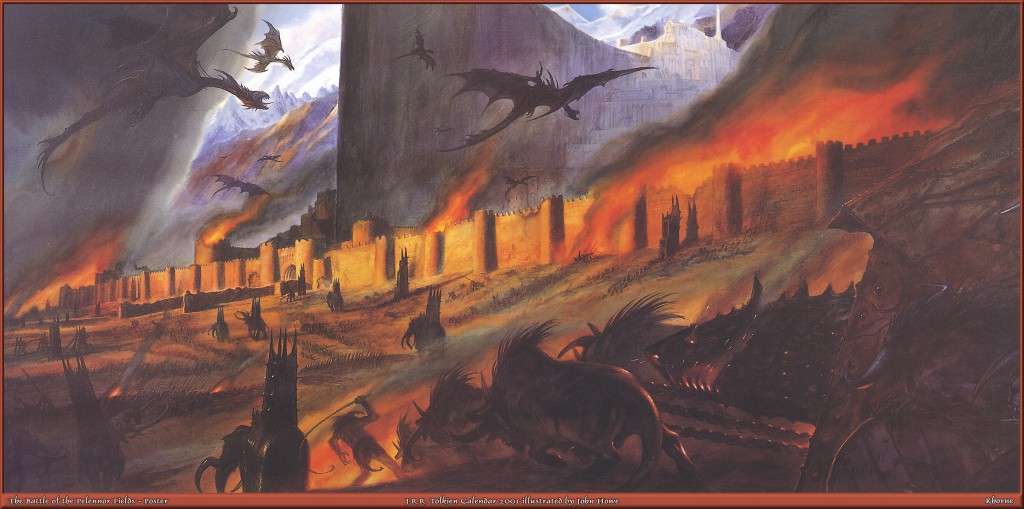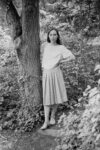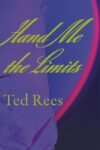Having been a young man of Great Imagination and Slight Build I spent a significant part of my childhood ruining the three or four sets of The Lord of the Rings unfortunate enough to have wound up in our house through a physically erosive campaign of rereading. I was a big fan and, since I ran with an adolescent crowd of like persuasion, probably assumed that most everyone loved these books, compulsively checked theonering.net, and suffered from fitful dreams of the fall of Osgiliath.
Higher education and an increased exposure to people who can’t (or won’t??) recall the nickname of Gandalf’s sword Glamdring have disabused of this naive faith in Tolkien’s work as holy writ. Take for example Kirill Yeskov’s The Last Ringbearer. An alternative (fake) history of The War of the Ring – the battle that ends Tolkien’s trilogy – Yeskov’s novel was published in his native Russia in 1999 but never received a proper English translation for fear of the Tolkien estate’s litigious nature and Christopher Tolkien’s ability to transform himself into a huge flaming eye able to detect copyright infringement. According to Salon, an unofficial free translation appeared online last year and evidently it’s pretty good.
Described in Salon’s report as “a well-written, energetic adventure yarn that offers an intriguing gloss on what some critics have described as the overly simplistic morality of Tolkien’s masterpiece” Yeskov’s novel follows a field medic from Umbar and an Orc scout tasked with destroying a mirror in Lothlorien, the forest realm of the elves. Most interesting though is Yeskov’s picture of Mordor. Describing Barad-dûr (headquarters of the Dark Lord), Yeskov praises “that amazing city of alchemists and poets, mechanics and astronomers, philosophers and physicians, the heart of the only civilization in Middle-earth to bet on rational knowledge and bravely pitch its barely adolescent technology against ancient magic.”
Had this book arrived in English in 1999 odds are my twelve-year-old self would have reacted with something between indignation and apoplexy. I have, however, grown older and wiser in these intervening years and now welcome opposing viewpoints, heresy, and alternative histories. Check out the link at Salon. Potential review of Yeskov’s work is pending.
This post may contain affiliate links.









